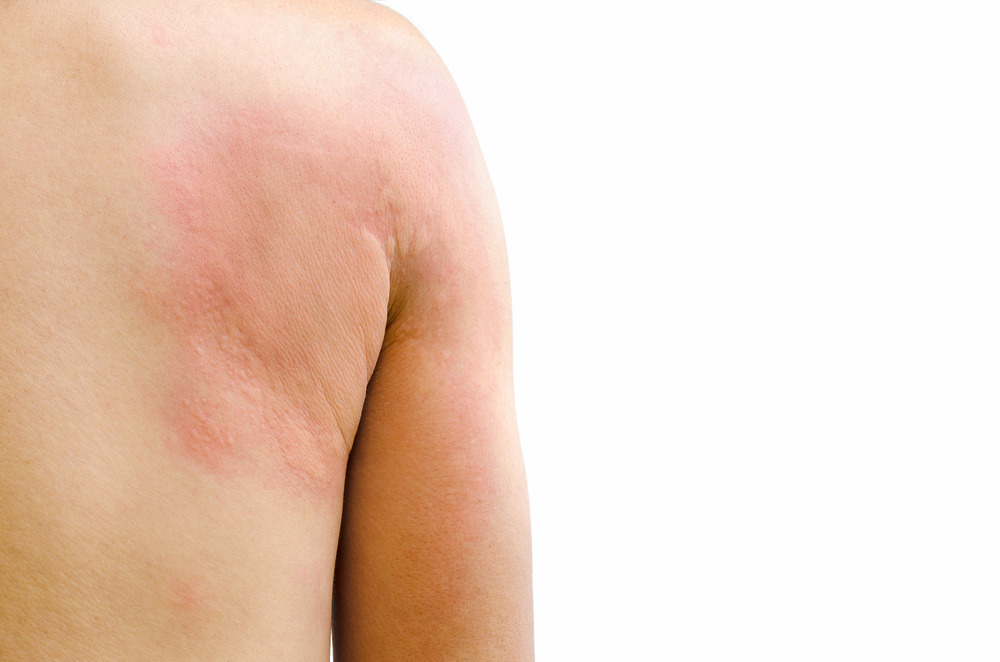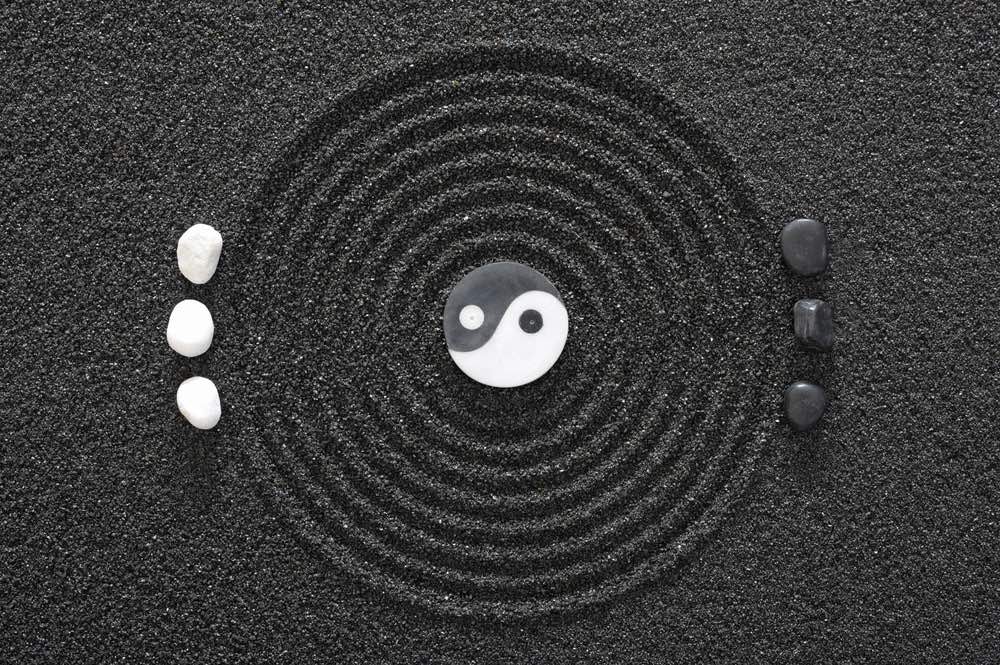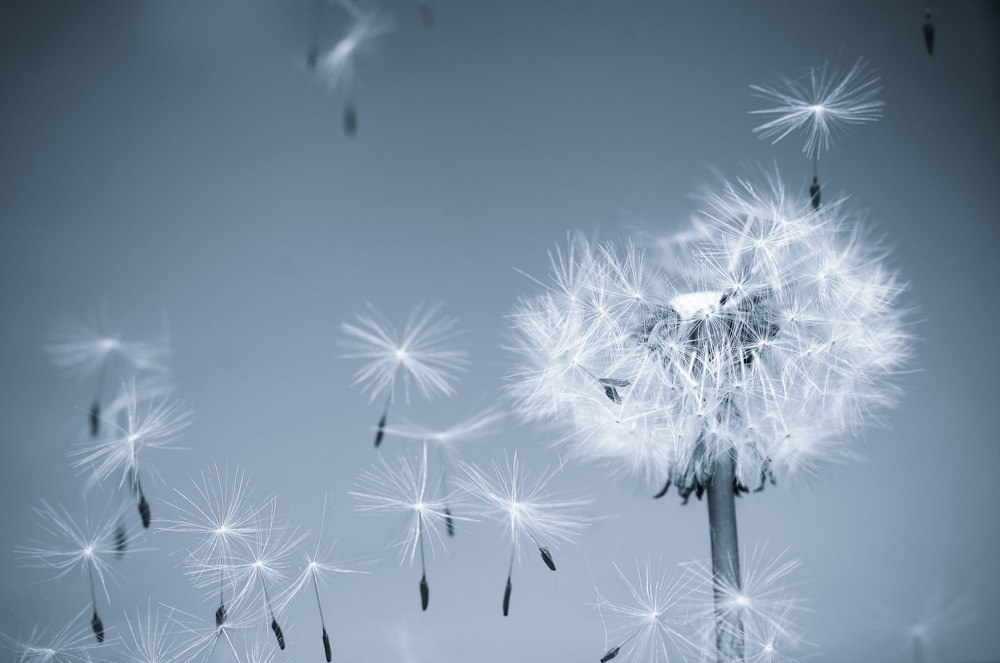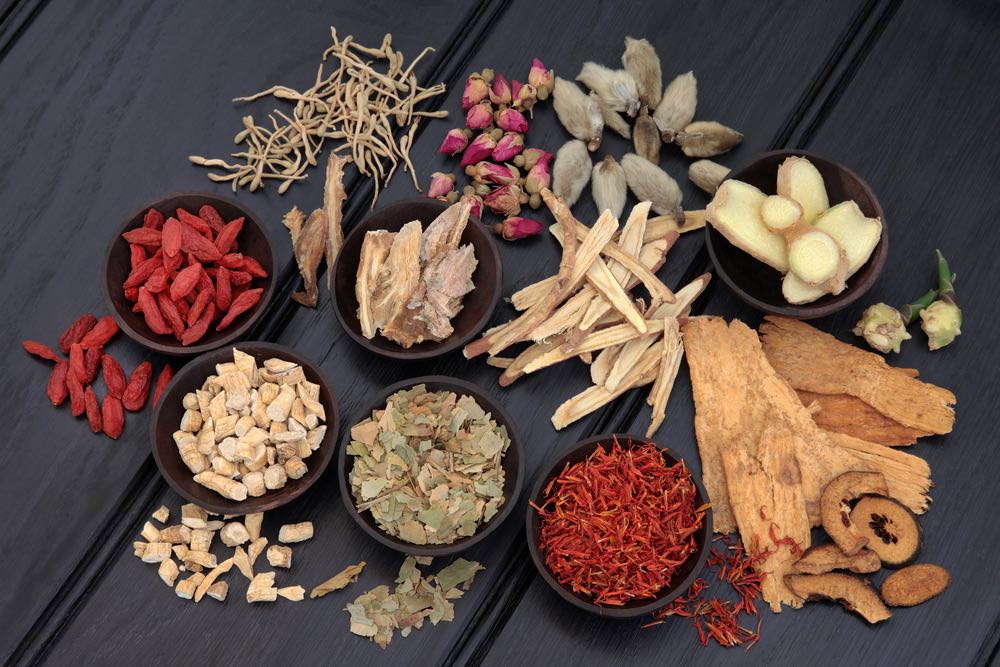Urticaria
Urticaria, commonly known as hives, is an uncomfortable and sometimes debilitating skin condition characterized by red, itchy welts, known as wheals. Chinese medicine has been treating skin diseases, including urticaria, for thousands of years. Acupuncture and herbs work by reducing inflammation and allergies to bring the body back to a state of health. This is done by addressing the root cause of your urticaria and creating individualized treatment plans of acupuncture, herbal medicine, and cupping to correct the imbalance.
In this article, I will share with you the Chinese medicine perspective on urticaria, explore various treatment options, and discuss how integrating Chinese medicine with conventional treatments can offer a comprehensive approach to managing this challenging skin condition.

What is Urticaria (Hives)?
Urticaria, or hives, is a skin condition characterized by the sudden appearance of red, swollen, and itchy wheals or patches on the skin. These wheals can vary in size, shape, and location, and may last anywhere from a few hours to several days before disappearing.
There are several factors that can trigger urticaria, and the exact cause is often challenging to pinpoint. Some common causes and triggers include:
- Allergic reactions: Urticaria can be triggered by exposure to allergens, such as certain foods, medications, insect bites or stings, latex, and pollen.
- Physical factors: Exposure to heat, cold, sunlight, water, or pressure on the skin can lead to the development of hives in some individuals.
- Infections and illnesses: Viral, bacterial, or fungal infections can sometimes cause urticaria as part of the body’s immune response. Underlying health conditions, such as autoimmune diseases and hormonal imbalances, can also contribute to the development of hives.
- Emotional stress: Psychological stress can be a trigger for urticaria in some people, as it can cause the release of stress hormones that can lead to inflammation and skin reactions.
- Idiopathic urticaria: In some cases, no specific cause or trigger can be identified, and the urticaria is considered idiopathic.
Chinese Medicine’s Perspective on Urticaria
Chinese medicine understands health in terms of balance. Balance within the body and between the body and the environment. Diseases occur when this balance is disrupted.I will identify different imbalances that disrupt this harmony the symptoms of your condition: what triggers the hives, what happened during the onset, and what is your overall condition.
Not all patient’s urticaria is the same so the treatments will be customized to each person’s experience. Acupuncture points and therapeutic techniques, herbs in the herbal formula, as well as the use of cupping techniques are all personalized to each individual.


During our initial consultation, we will discuss your medical history and do an examination which will help me to determine the specific imbalance underlying your condition. This is based on the appearance of the hives, the triggers, causes at onset, as well as whole-body symptoms such as digestion, allergies, and stress levels are also considered.
The most common underlying imbalances are wind, heat, cold, Qi and blood stagnation, and Qi deficiency.
- Wind: In Chinese medicine, Wind is seen as a swift and changeable factor that can invade the body and disrupt the normal flow of Qi. Wind can cause sudden onset of symptoms, movement of symptoms from one place to another, and itching – all common features of urticaria.
- Heat: Heat is associated with inflammation, redness, and swelling. Heat urticaria can manifest as red wheals when exposed to heat or if you get too hot from exercise.
- Cold: Cold uritcaria occurs when you get hives if you are exposed to cold or get too cold. The hives from cold urticaria may be pale or dullin color.
- Qi and blood stagnation: The smooth flow of Qi and blood throughout the body is important for health. Emotional stress, poor diet, or injuries can lead to Qi and blood stagnation. This is most often associated with pressure urticaria.
- Qi Deficiency: Qi is the body’s energy. When the qi is weak there can be fatigue, poor immune function, and digestive issues. When uricaria is associated with foods it is often related to qi deficiency.
These imbalances can combine and we may be treating more than one factor. After the specific imbalance is identified a customized treatment is created for you to correct this specific imbalance. By addressing the underlying imbalance we can see long term improvements.
Chinese Herbal Medicine
Chinese herbal medicine focuses on correcting the underlying imbalance to bring about long term healing. Herbs are most often combined into formulas, which are carefully designed mixtures of herbs that work together synergistically to achieve a specific therapeutic effect. Single herbs are rarely used on its own.
One of the unique aspects of Chinese herbal medicine is our ability to customized the therapy to the individual patient. I will consider your unique constitution, the nature of your illness, and their specific symptoms and signs to tailor the formula accordingly. This individualized approach allows for targeted and precise treatment, which can enhance the effectiveness of the therapy.

For example, the treatment for Wind-Heat uritcaria, which typically presents with symptoms such as red, inflamed welts, a feeling of heat, and severe itching would focus on herbs that can dispel wind as well as herb that clear heat. While Wind-Cold Urticaria which may present with pale wheals, a feeling of chilliness, and less severe itching, the treatment approach would be different. Herbs for this imblance would be herbs that warm and release the wind.
If urticaria is linked to Qi deficiency, the symptoms might include chronic hives, fatigue, a weak voice, and reactiongs to food. In this case, the herbs which strengthen the body’s Qi would be included. However, if there is Qi and blood stagnation are diagnosed, which may be diagnosed for pressure urticaria, herbs that bleak blood stagnation and move the Qi can be used.
Acupuncture
The aim of acupuncture is to restore balance by correcting the underlying imbalance.
Similar to herbal medicine, acupuncture treatments are tailored to an individual’s specific symptoms. Each acupuncture point has its specific actions and indications, allowing me to create personalized treatments by selecting a combination of points that address the patient’s unique presentation.
Research has shown that acupuncture and Chinese medicine can help reduce urticaria and reduce the recurrence rate of the condition. Additionally, acupuncture is known to reduce the allergic response and decrease itch in the body.
When urticaria presents with Wind-Heat symptoms, points might be chosen to clear Heat and expel Wind. Points such as Large Intestine 11 (LI11, Quchi) and Large Intestine 4 (LI4, Hegu) may be used to expel Wind.
In cases of Wind-Cold urticaria, points would be selected to warm the body and expel Cold. Stomach 36 (ST36, Zusanli) can be used to warm the body, while Large Intestine 4 (LI4, Hegu) can be used to dispel Wind.
Acupuncture and Chinese medicine can be powerful treatments for urticaria. But it does not work overnight. The treatment for urticaria is generally 3-6 months. We want to see some improvment within 4 weeks which gets better over time.
Cupping Therapy
Cupping is a technique in which suction cups are applied to the skin to stimulate the flow of Qi and blood. Cupping can help alleviate urticaria symptoms by promoting the release of pathogenic factors such as Wind and Heat, and improving circulation in the affected areas. Wet cupping is particularly effective for urticaria and can have a profound effect.
Integrating Chinese Medicine with Conventional Treatments
Chinese medicine can be used along with your conventional treatments in order to provide immediate relief of symptoms as well as long-term prevention and management of the condition. While conventional treatments, such as antihistamines and corticosteroids, can provide symptomatic relief, Chinese medicine aims to address the underlying disharmonies and imbalances that contribute to the development of urticaria.
Conclusion
The potential of Chinese medicine in treating urticaria lies in its holistic approach to addressing the root causes of the condition, rather than merely treating the symptoms. Chinese medicine focuses on correcting the underlying imbalance leading to the condition. Acupuncture has been shown to reduce allergic reactions, decrease itch, and improve the immune system.
Integrating Chinese medicine with conventional treatments can provide a comprehensive and effective approach to managing urticaria. By correcting the underlying imbalance, it is possible to find relief and enjoy a life free from the discomfort of urticaria.
Feedback From our clients…
“Before I found Dr. Alban, my life was ruled by hives. I had tried every over-the-counter solution and prescription medication my doctor could prescribe, but nothing seemed to bring lasting relief. I felt hopeless and frustrated. The persistent itching and discomfort had taken a toll on my physical well-being and emotional health. At the suggestion of a friend I tried acupuncture with Dr. Alban.
I felt relief after just the first session and saw a noticeable reduction in my hives. Taking the prescribed herbal formula became a daily routine that I looked forward to. Over a few weeks, my symptoms significantly improved. I saw fewer outbreaks, the itching was much less severe, and when hives did appear, they resolved more quickly.
Dr. Alban’s holistic approach to my hives was not just about treating the symptoms but also about understanding and addressing the root cause. His treatment has been life-changing, and I would recommend him to anyone suffering from hives or any other chronic condition.”
~ AM, Brooklyn